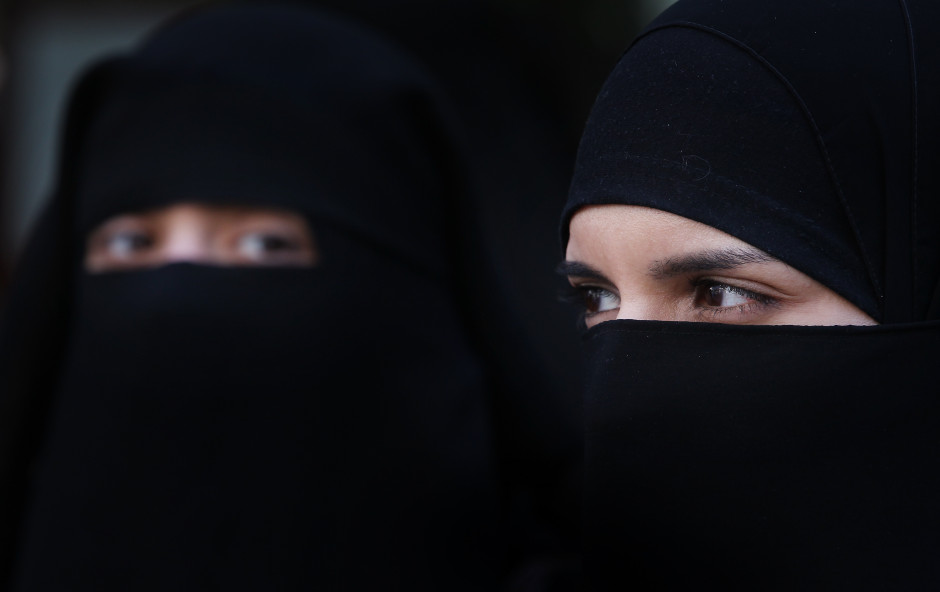This very lengthy Canadian election campaign has revolved around many topics, but it seems that some of the most emotional involve Islam and Muslims. And the way the three main political parties handle these hot-button issues may determine their relative standings on election day on October 19.
There have been debates about the intake of Syrian refugees and about convicted terrorists being stripped of their Canadian citizenship, if they are also nationals of another country.
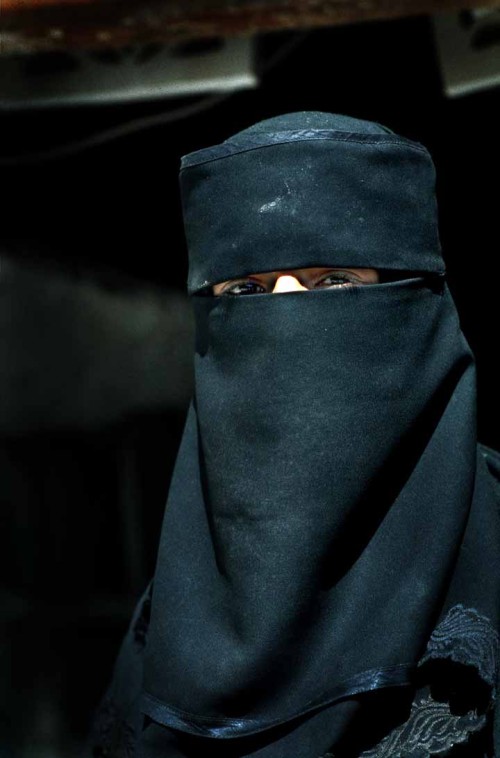
But nothing has gained as much traction, especially in Quebec, as the niqab, the veil worn by some Muslim women that covers the face, leaving only the eyes visible.
In September, a Canadian appeals court upheld a lower court’s previous decision to strike down a ban on wearing niqabs at citizenship ceremonies. The Conservative government, led by Prime Minister Stephen Harper, wants to uphold the ban and said it will take the issue to the Supreme Court of Canada.
Harper has repeatedly insisted that the “overwhelming majority” of Canadians, as well as “moderate Muslims,” agree with his party’s position.
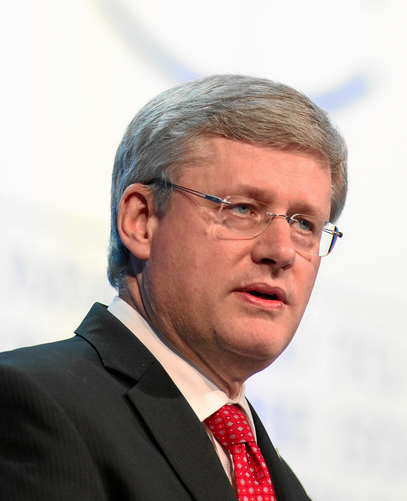
He may be right.
Canadians right across the political spectrum are opposed to immigrants being allowed to wear facial coverings during the citizenship ceremony, according to various polls, and this is especially the case in Quebec.
A recent poll commissioned by the Privy Council Office found that 82 percent of Canadians nationwide, and 93 percent of Quebecers, supported a ban. In Quebec the number of people who said that the issue would have the most influence on their voting intentions was 18 percent.
This is bad news for New Democratic Party leader Tom Mulcair in his home province of Quebec, where the NDP won more than half their total number of seats in the 2011 federal election. In recent days, support for the New Democrats, who oppose a ban, has been plummeting in their provincial stronghold.
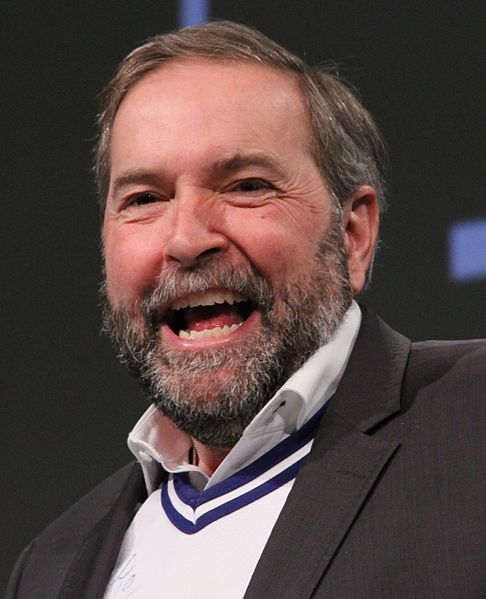
Justin Trudeau’s Liberals also disagree with the government’s stand, but his party has far less to lose. Liberal strength is concentrated among anglophones on the island of Montreal. These voters are less concerned with the niqab issue than are francophones, who see it as a cultural intrusion.
For that same reason, the separatist Bloc Québécois also opposes the niqab and has been targeting the NDP. The Bloc now leads among francophone voters with 30 percent of the vote compared with the NDP’s 27 percent. Until the niqab issue took hold, most of these francophones were supporting the NDP.
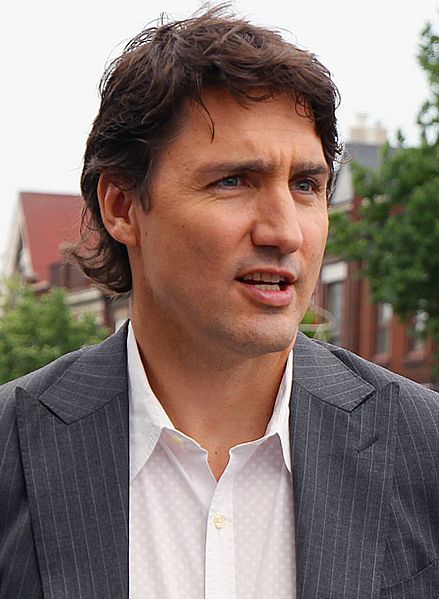
There is a difference of opinion amongst scholars in Islam as to whether or not covering the face is obligatory, recommended, or simply a matter of culture, and its use varies in Muslim countries.
For example, the vast majority of Egyptian Muslim women wear a form of veil that covers the hair but leaves the face uncovered. But the number of women wearing the full niqab has increased dramatically in the past 10 to 20 years.
However, most Canadians are not going to become experts in Islamic theology and jurisprudence; they will relate to the niqab in a visceral and emotional way. And it may continue to resonate with much of the public long after this election is over.
Henry Srebrnik is a professor of political science at the University of Prince Edward Island.

